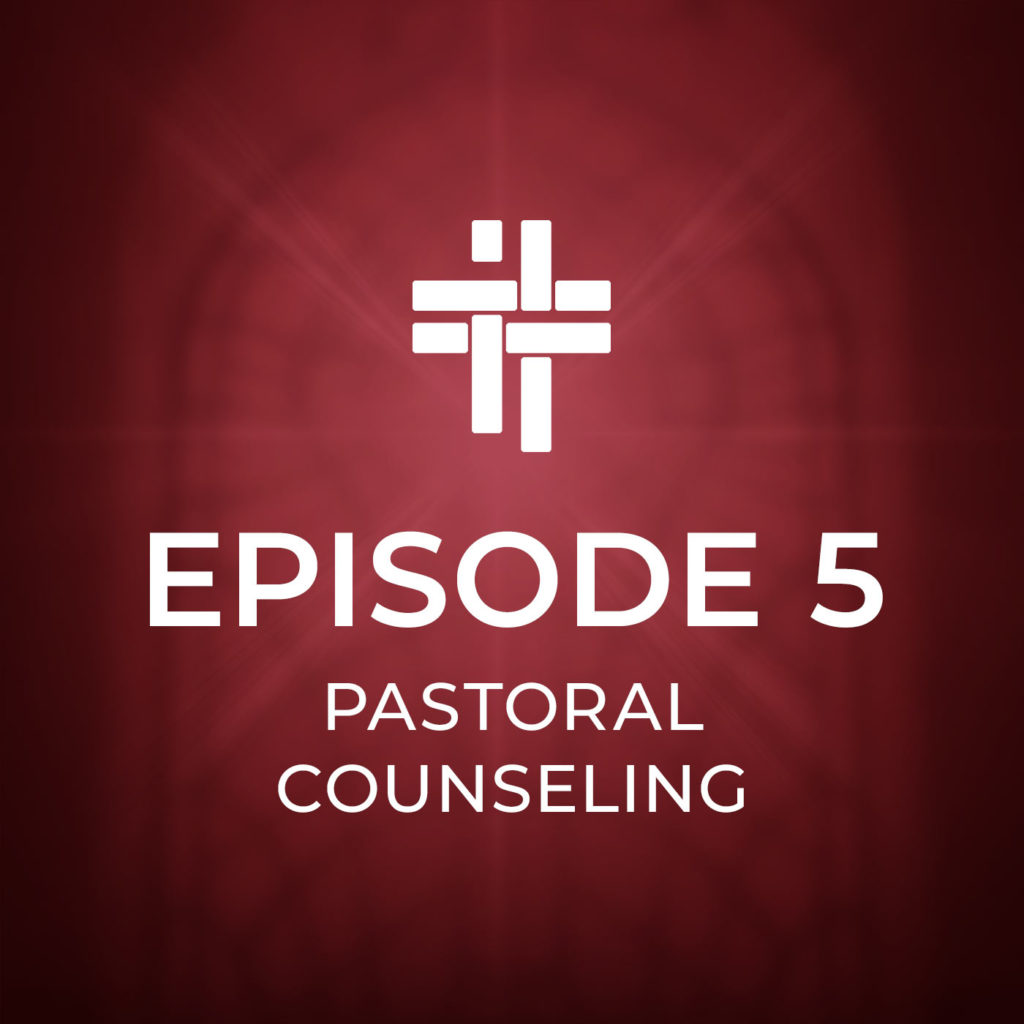Pastoral counseling clears away personal emotional, mental, and spiritual barriers to reconciliation. Pastoral counselors see man as an immortal soul, in contrast to the secular disciplines of psychology and psychiatry, which see man solely as a biological entity. Whereas pastoral counselors consider consciousness to be an innate property of a soul, psychologists consider consciousness to be a product of the material brain. While the Catholic faith promises a post-mortem continuity of consciousness (an afterlife), psychology dismisses all things transcendent. Thus, in order to serve the faithful, the Catholic Church must greatly expand its delivery of pastoral counseling.
Podcast: Play in new window | Download (Duration: 13:46 — 18.9MB) | Embed
Subscribe to the podcast
Credits
“Angel Share” and “Concentration”Kevin MacLeod Licensed under Creative Commons: By Attribution 3.0 License


